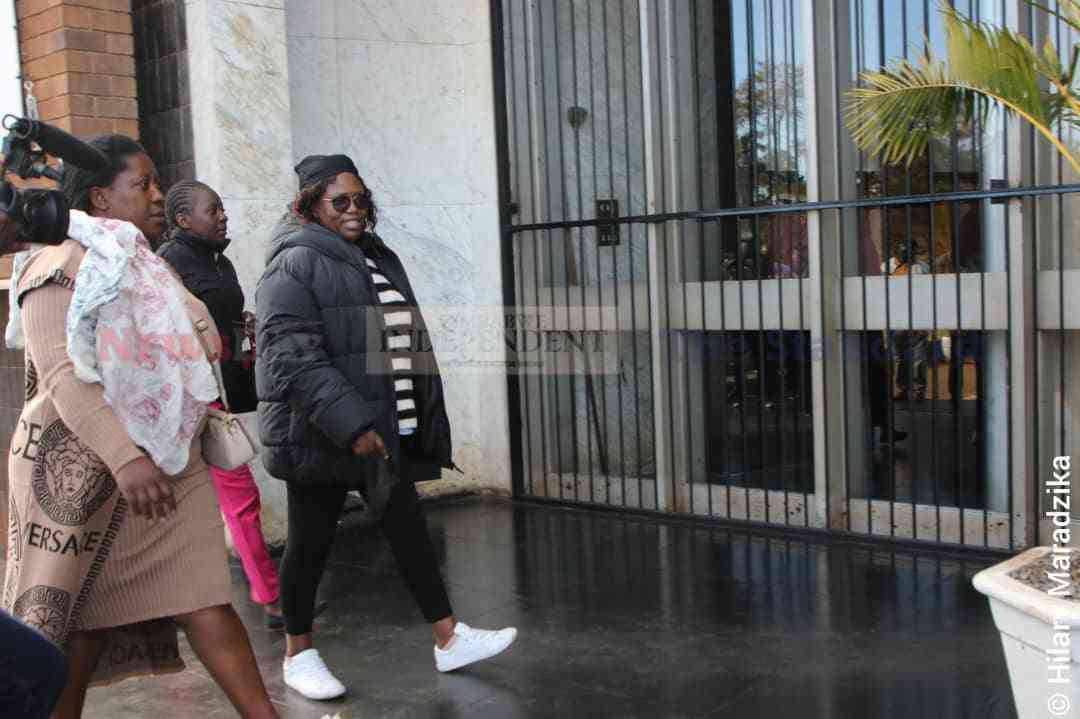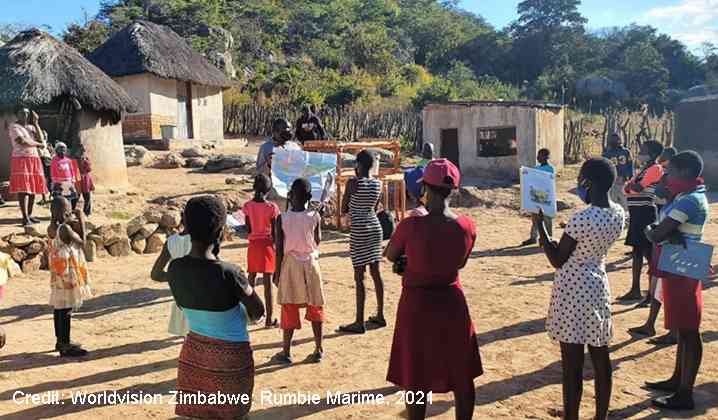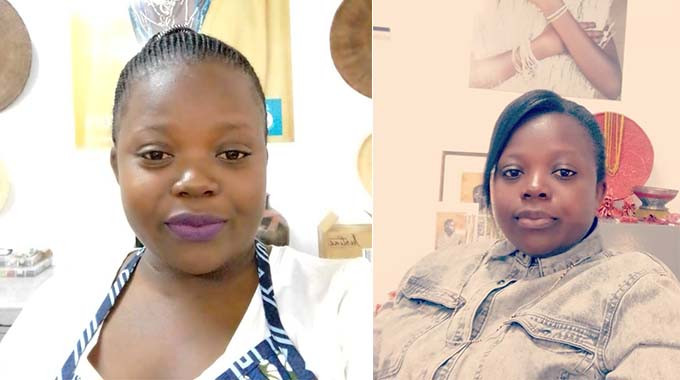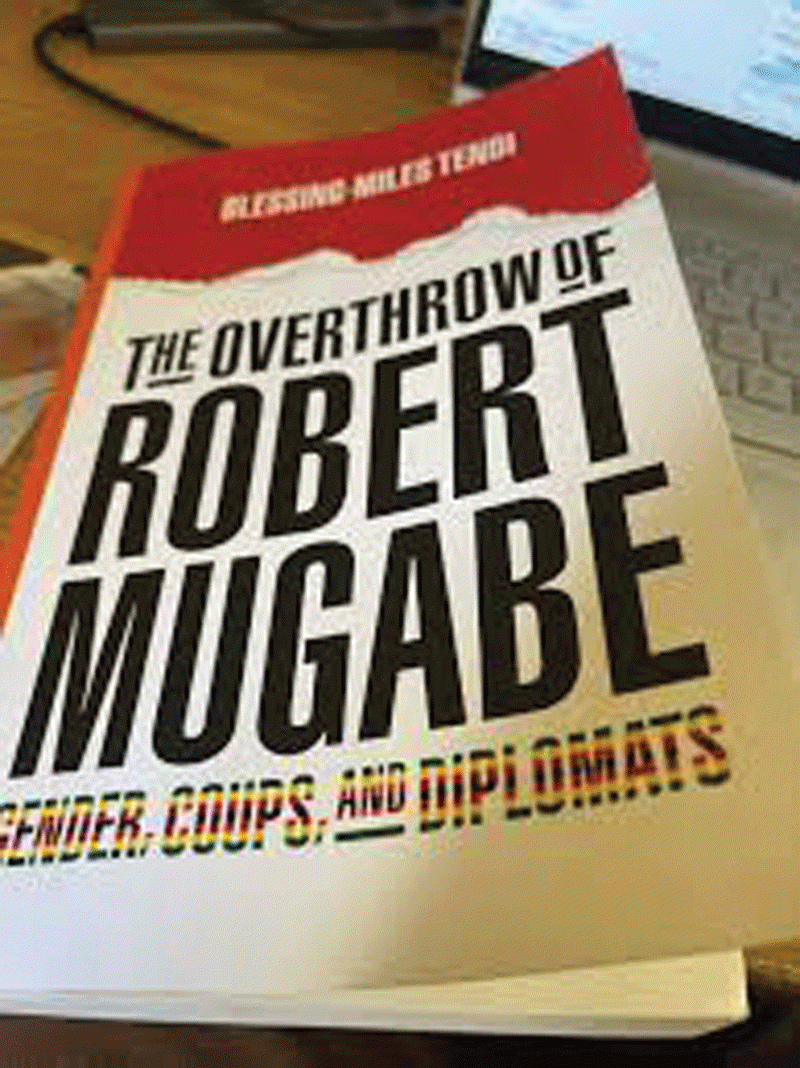
BY STYLE REPORTER
Many might query the assertion that Mashonaland Central province is the bedrock of Zimbabwean music.The province has a rich history centered on producing some of the country’s best musicians, including the late Oliver Mtukudzi, John Chibadura, sungura king Alick Macheso, Chimurenga music guru Thomas Mapfumo and Paradzai Mesi, among many others.
Everything from sungura, traditional beat, to Afro-jazz developed in the province.
However, most of the musicians migrated to the capital where they hoped to earn recognition unlike their province, which does not have a radio station.
They made a beeline to Harare where they conquered and rocked the country while some earned regional and global acknowledgment.
Those that chose to stay away from the capital and major cities around the country, had their efforts gone to waste as they failed to make an impact on the cut-throat music industry, which was biased towards artists from the big cities.
Only a handful hogged the music limelight from outlying areas and their music was exceptional.
However, 35-year-old sungura musician Bigoy Motsi believes artistes from outside Harare or Bulawayo can do well in the industry if they remain focused and work hard.
- Chamisa under fire over US$120K donation
- Mavhunga puts DeMbare into Chibuku quarterfinals
- Pension funds bet on Cabora Bassa oilfields
- Councils defy govt fire tender directive
Keep Reading
“I believe artistes from outside Harare can do well and scale to dizzy heights in the music industry. I want to inspire other musicians from peripheral areas that if they work hard, they can make it,” said Motsi, who fronts Muzarabani Sounds based in Centenary.
Armed with one album titled Kamukana and several singles, Motsi believes he has what it takes to be a force to reckon with having been in the music industry since 2007.
“I used to herd cattle at a place called Uchachacha in my home area in Chigwida in Muzarabani where I started composing songs at a very tender age,” Motsi said.
“I did not even think that I would one day be able to make it to the recording studio and have my music played on radio and television. In 2007 I joined a church choir and the other congregants recommended that we form a musical group Vabati VeHabakuki and we tried to record.
“Indeed, in 2010 we recorded our first album titled Zvitsvene Kuna Jehovah, which did not do well and we recorded another one two years later. We then realised that we were had improved as evidenced by the airplay one of the songs titled Munogona had on Radio Zimbabwe.
“To us that was a great achievement. However, the group dismantled after the relocation of some of our members from Muzarabani to Mt Darwin. Fans mounted pressure on us requesting that we revive the group.”
According to Motsi, they regrouped and recorded a single titled Pinda Muzambara, which was accompanied by a video frequently played on ZTV.
He said the feedback from the fans after the release of the song Pinda Muzambara inspired him to do more after realising that he was sitting on a talent.
It was a tall order for Motsi, who along all was into acapella to transform to sing sungura music, thanks to guitarist Boniface “Beaver” Charemera, who taught him a few tricks and the rest is history.
“Beaver was putting pressure on me to record a song, but it was hard for me to shift from acapella to sungura,” said Motsi.
“Last year I teamed up with Beaver (bass guitar), Blessmore Motsi and Gilbert Mozorani (backing vocals) and we went to Harare where we hired other session artistes to record an album titled Kamukana.
“Mr Hasty (video director) offered me a free video shoot and we selected the song Pindai Mudariro for the video. To our surprise, the video was played on ZTV’s Zimbeat on a daily basis and on the programme Ezomgido.”
Motsi said they have released the video of the song Misodzi YeNherera which is available on the video-sharing platform YouTube.
“I am getting support from fans from all over the country and South Africa as most of them are likening my music to that of the late Barura Music king Leonard Dembo,” Motsi said.
“I am working on an album titled Ngoma YeDande and I promise you that this will be a game changer.”
While Motsi believes he can work his way out to be a force to reckon with on the national music scene despite coming from Muzarabani, his greatest undoing was the cost of travelling to Harare to record his music and push his music at radio stations.
He thanks the digital age era that has allowed him to market his music through various social media platforms, including Facebook where he is much visible.
His music carries one of the most profound messages targeted at his highly patriarchal community.
“Our district is ranked among some of the areas with high prevalence of gender-based violence including child marriages. I would like to use my music to educate my own people that women and children have rights that we should protect as a community,” said Motsi.
He said if groups like Devera Ngwena and Zvishavane Sounds managed to rock the nation coming from small-mining towns like Mashava and Zvishavane respectively, what fails him and Muzarabani Sounds scale to dizzy heights when they are few kilometres from Harare.











